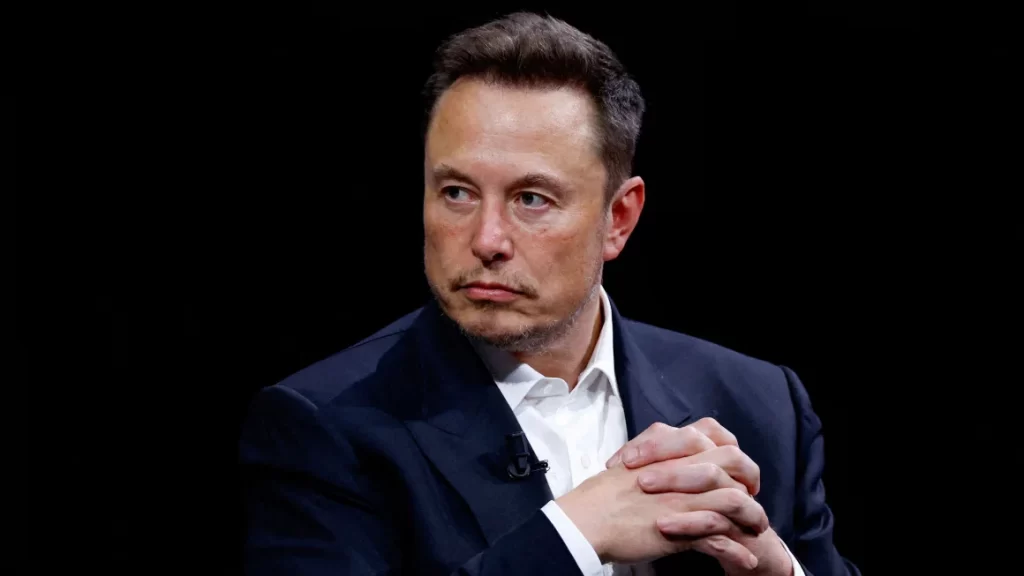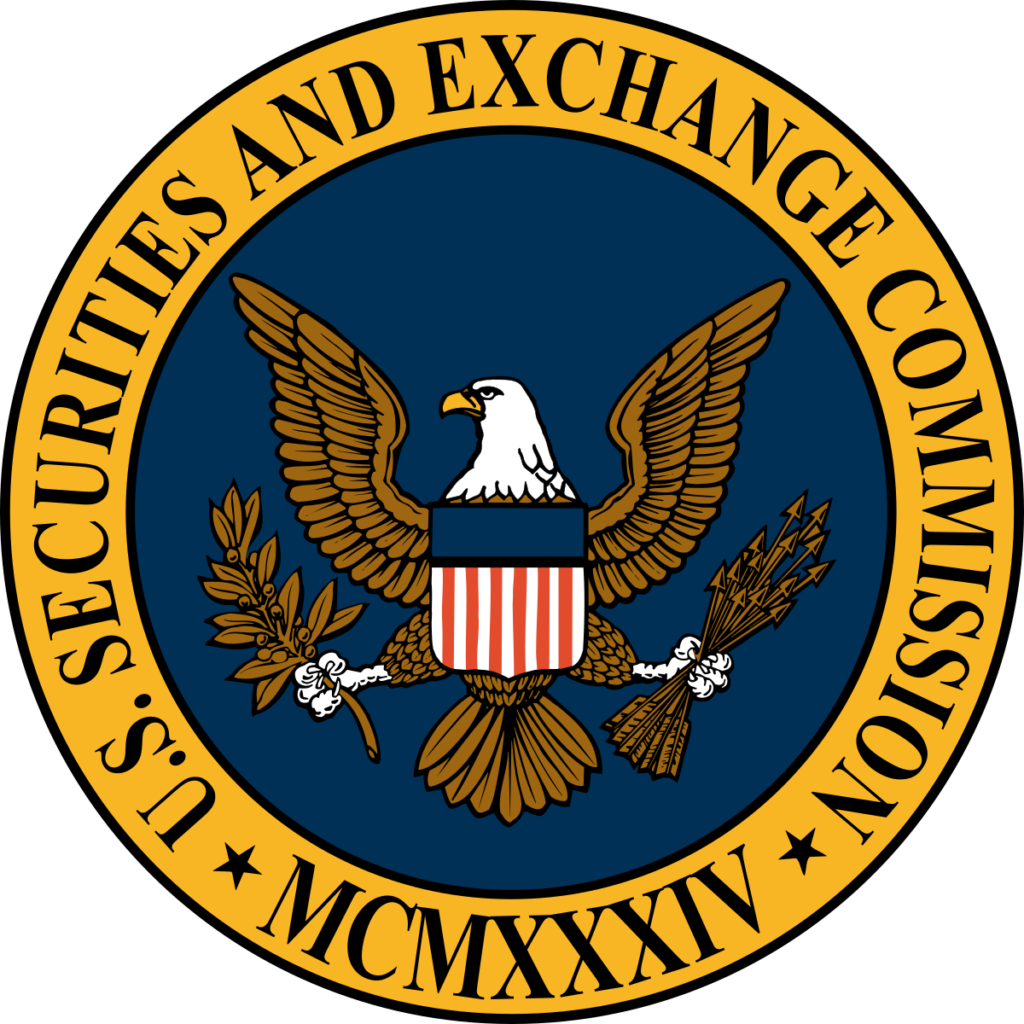The Securities and Exchange Commission (SEC) announced Friday its intention to pursue sanctions against Elon Musk for failing to appear at a scheduled testimony related to his $44 billion acquisition of Twitter, now known as X.
In a court filing, the SEC detailed how Musk was ordered by a federal judge to testify as part of the agency’s investigation into whether the billionaire followed proper disclosure laws when purchasing Twitter stock and if his statements regarding the deal were misleading.

According to the filing, Musk was set to testify on September 10 in Los Angeles. SEC lawyers traveled to the city for the deposition, but just three hours before it was to begin, Musk’s attorney informed them that his client needed to urgently travel to the East Coast for a SpaceX launch and would be unable to attend or reschedule for the following day.
The SEC alleges that Musk violated a court order requiring him to seek written consent from the SEC or a court order to modify the date of his testimony. The agency criticized Musk’s excuse as “smacking of gamesmanship,” noting that SpaceX had announced the launch date two days prior, and as Chief Technical Officer, Musk would have been aware of the scheduling conflict.
“Despite this advance knowledge, Musk did not notify the SEC of his intent to attend the launch until three hours before his testimony was to begin, and after the SEC spent thousands of dollars to fly three attorneys to Los Angeles,” the filing stated.

The SEC is now asking the court to impose “meaningful conditional relief” if Musk fails to appear at a rescheduled October testimony date. The agency also plans to file a motion for sanctions to recoup travel costs for the cancelled testimony and seek additional relief.
Musk’s lawyers responded in a separate filing, arguing that court intervention is unnecessary as the parties have already agreed to a new testimony date. They assert that Musk is already under a court order to appear “absent an emergency that (Mr. Musk) did not create and could not avoid.”
This incident marks the latest chapter in an ongoing tension between Musk and the SEC, which began in 2018 when the agency sued him over a tweet about taking Tesla private.
As the legal battle continues, the outcome could have significant implications for Musk’s business dealings and the SEC’s ability to regulate high-profile executives in the tech industry.



